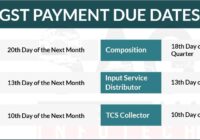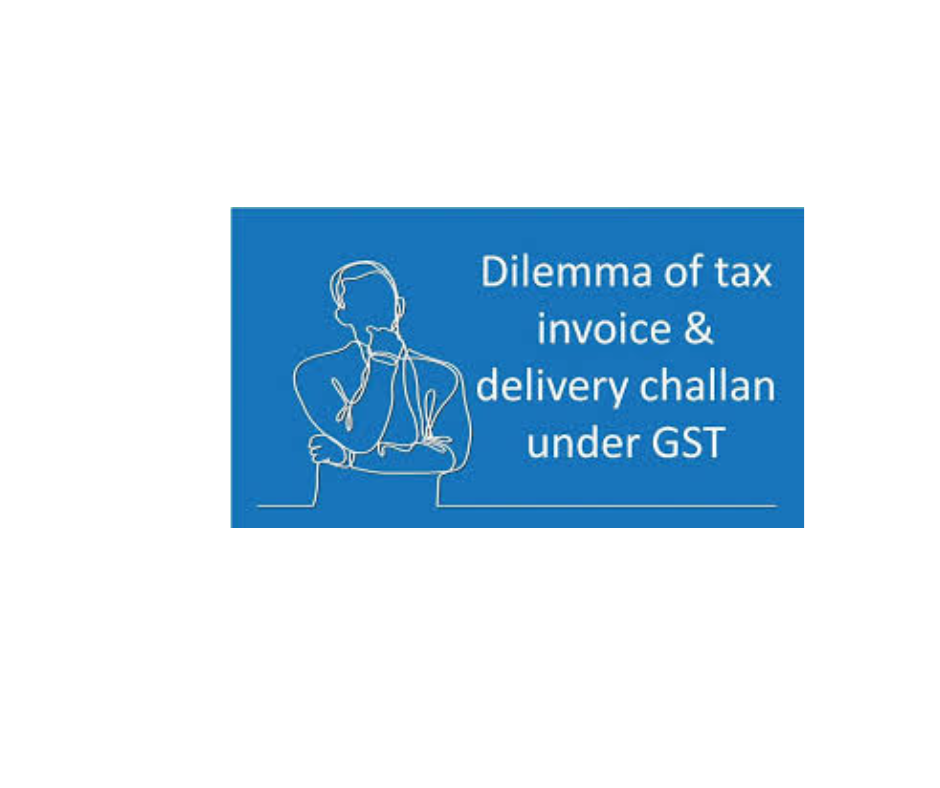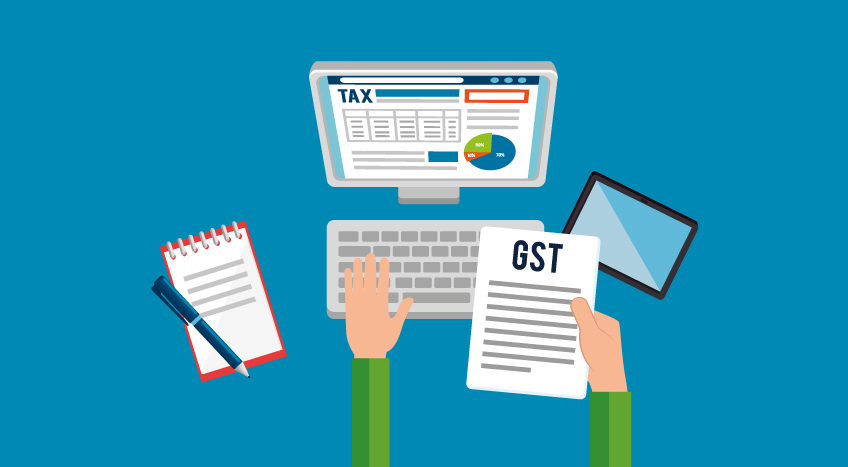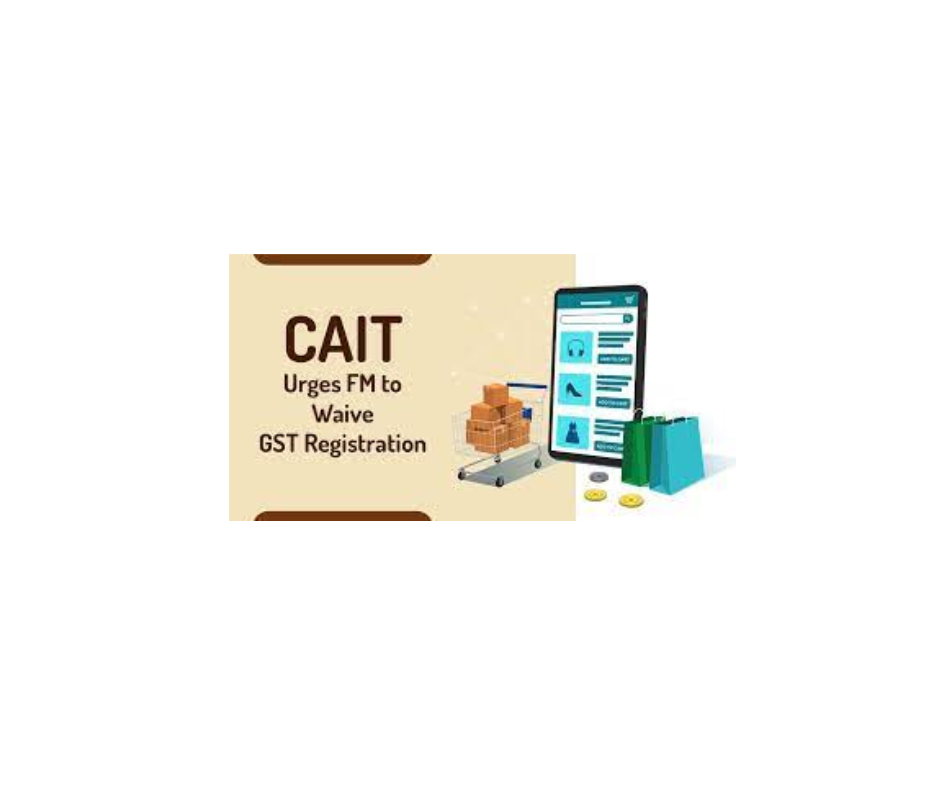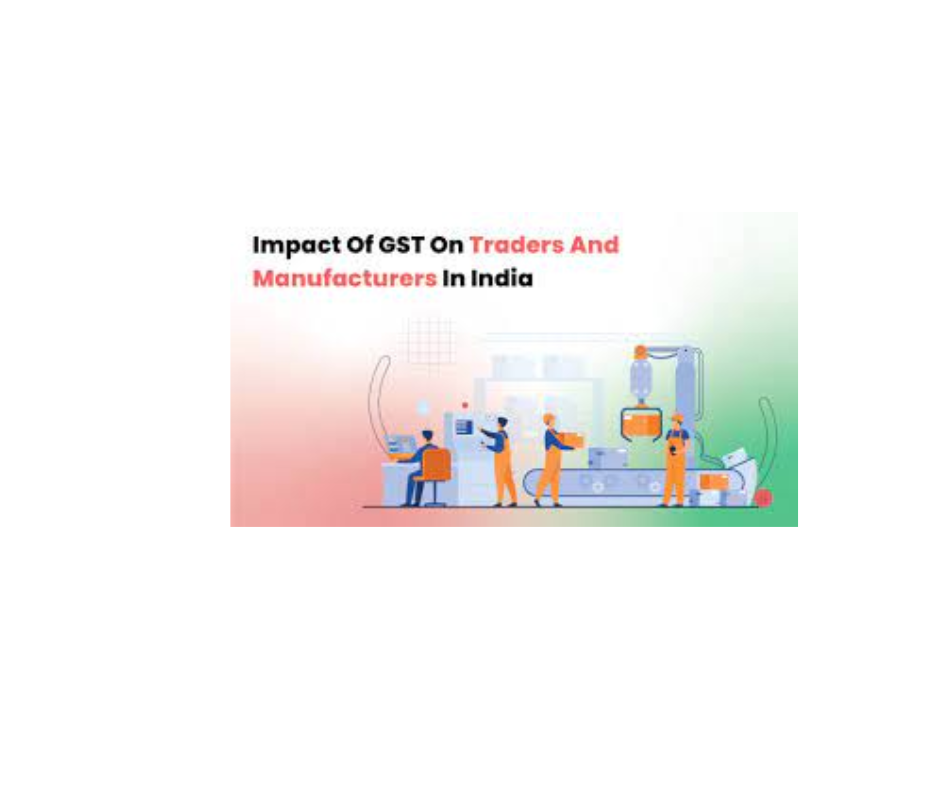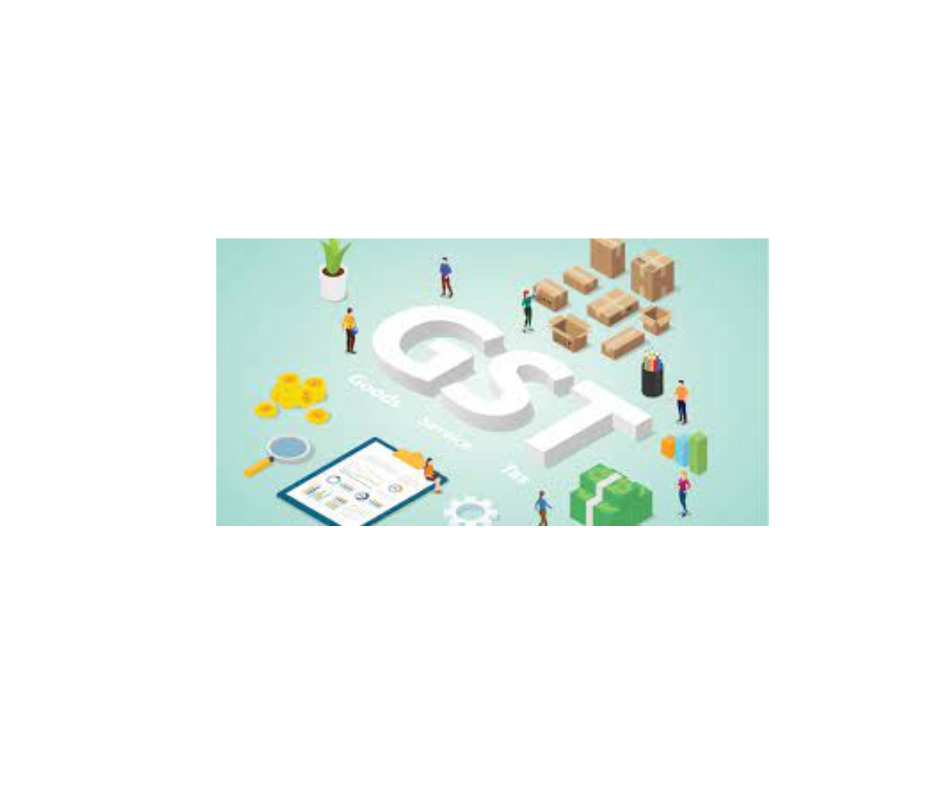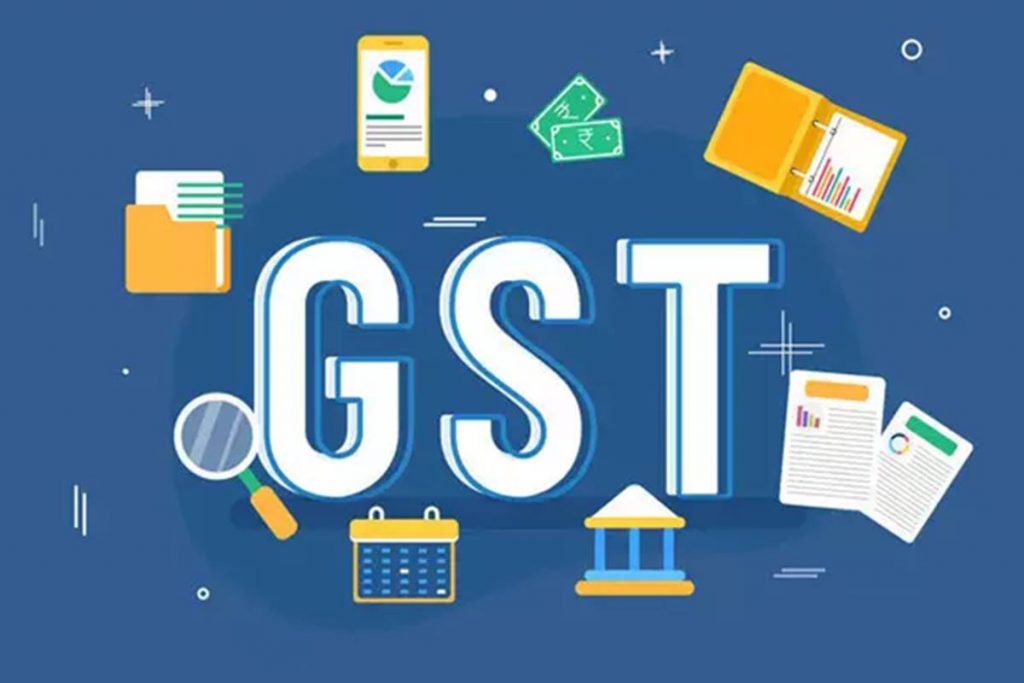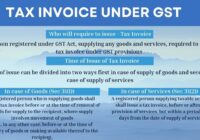When is gst tax due?
Deadlines for GST Tax Payments The specific deadlines for GST tax payments vary based on the taxpayer’s category and the frequency of their filinga Here are some general guidelines for GST tax due dates in India: Monthly GST Return Filers: For businesses that file their GST returns on a monthly basis, the tax due… Read More »
